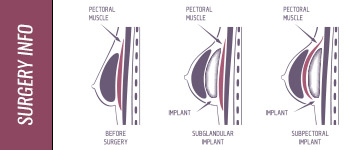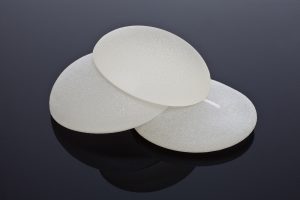For most people, the most difficult part of aging is the toll it takes on the body. From arthritis to increased risk of cancer, people find that their systems become less resilient and daily activities are more difficult to keep up as they begin to age.
From arthritis to Alzheimer’s Disease, the body begins to wear down and becomes more susceptible to illness as we age, and while medical science continues to make progress in understanding and treating the symptoms of aging, the aging process and the illness that comes along with it are still not fully understood.
Although none of these conditions are inevitable, susceptibility to many chronic conditions increases as we age, including:
- Stroke
- Heart disease
- Diabetes
- Cancer
- Arthritis
- Osteoporosis
Fortunately, modern medicine offers a variety of preventative treatments and early diagnostic tools that can effectively prevent and treat these and other diseases frequently associated with the aging process.
There are a number of popular theories about what causes age-related problems, but most anti-aging doctors agree that each individual’s aging problems are caused by a number of different factors, and their personal anti-aging treatment should incorporate a variety of elements for the greatest chances of success.
Some of the more common anti-aging treatments available today concentrate on the following:
- Inflammation. At both the larger level, as in arthritis; and on the cellular level, the body’s reaction to failure is inflammation. Many physicians believe that one important key to controlling the damaging effects of aging lies in controlling the inflammation reaction in the body.
- Hormone depletion. As we age, our bodies produce fewer hormones, including estrogen, progesterone, dehydroepiandrosterone (also called DHEA), human growth hormone (HGH), testosterone, and thyroid. This depletion of hormones can result in rapid increase in the aging process, increasing libido, energy levels, metabolism, and other signs of youth.
- Toxins. Many anti-aging physicians blame the accumulation of toxins for accelerated aging symptoms, including susceptibility to diseases such as cancer and cardiovascular disorders, lowering energy levels, and slowing down mental acuity. Toxins can also affect the skin and overall appearance, leading to troubled, dry, sallow, wrinkled skin.
- Antioxidant depletion. Antioxidants are a popular treatment for free radical damage, a condition in which the body begins to deteriorate at a cellular level, as the walls of the mitochondria weaken and cell function becomes disrupted. Such free radical damage can result in wrinkling, loss of energy, and other aging symptoms.
PREVENTATIVE CARE
Preventative care for the symptoms of aging includes a variety of techniques, including exercise, proper diet and nutrition, and drug treatment, among others.
Studies have shown time and time again that many of the damaging physical effects of aging can be prevented or postponed significantly through simple lifestyle changes, not only prolonging life itself, but decreasing the potential for disability and improving the overall quality of life.
The most effective anti-aging programs focus on medical treatment and early disease detection, psychological and mental exercise, as well as lifestyle factors such as diet and exercise plans, smoking cessation, and other factors.
To learn more about what you can do to prolong and improve your life, contact an experienced anti-aging specialist in your area today for a personal consultation.




